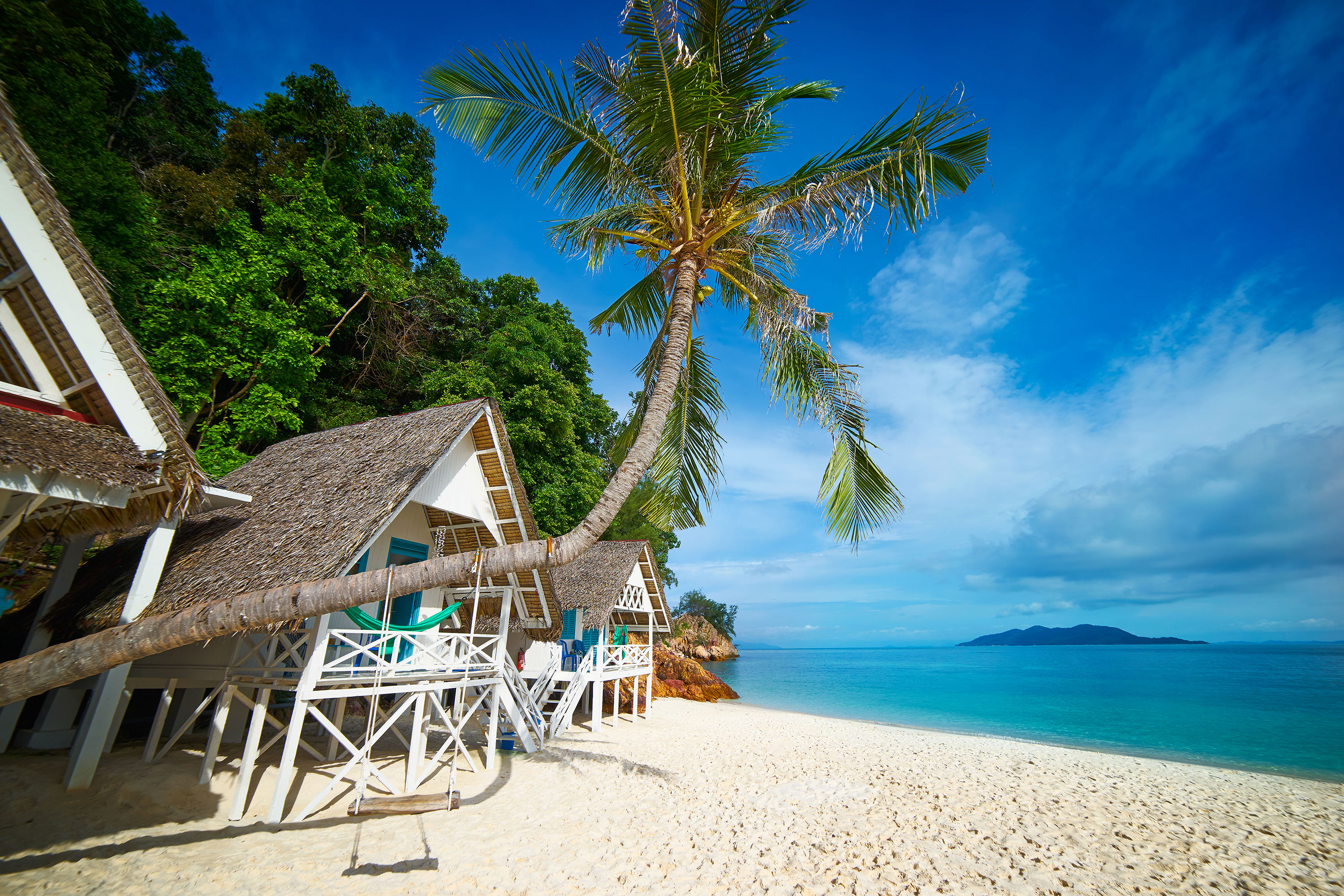


Similar-sounding variants have also appeared in accounts older than the 11th century, as toponyms for areas in Sumatra or referring to a larger region around the Strait of Malacca. A final suggestion is that it comes from a Javanese word meaning "to run", from which a river, the Sungai Melayu ('Melayu river'), was named due to its strong current. Another suggestion is that it derives from the Pamalayu campaign. Another similar theory claims its origin lies in the Tamil words " malai" and " ur" meaning "mountain" and "city, land", respectively.

It may derive from the Sanskrit "Himalaya", referring to areas high in the mountains, or "Malaiyur-pura", meaning mountain town. The origin of the word 'Melayu' is subject to various theories. The name " Malaysia" is a combination of the word " Malays" and the Latin-Greek suffix " -ia"/" -ία" which can be translated as "land of the Malays". "Malaysia" used as a label for the Malay Archipelago on a 1914 map from a United States atlas It is a founding member of ASEAN, EAS, OIC and a member of APEC, the Commonwealth and the Non-Aligned Movement. Malaysia has a newly industrialised market economy, ranked third-largest in Southeast Asia and 33rd-largest in the world. The economy has traditionally been fuelled by its natural resources but is expanding in the sectors of science, tourism, commerce and medical tourism. The head of government is the Prime Minister.Īfter independence, the Malaysian GDP grew at an average of 6.5% per annum for almost 50 years. The head of state is an elected monarch, chosen from among the nine state sultans every five years. The government is modelled on the Westminster parliamentary system and the legal system is based on common law. While recognising Islam as the country's established religion, the constitution grants freedom of religion to non-Muslims. English remains an active second language. The country's official language is Malaysian, a standard form of the Malay language. About half the population is ethnically Malay, with minorities of Chinese, Indians, and indigenous peoples. The country is multi-ethnic and multi-cultural, which has a significant effect on its politics. In August 1965, Singapore was expelled from the federation and became a separate independent country. The independent Malaya united with the then British crown colonies of North Borneo, Sarawak, and Singapore on 16 September 1963 to become Malaysia. Malaya was restructured as the Federation of Malaya in 1948 and achieved independence on 31 August 1957. Peninsular Malaysia was unified as the Malayan Union in 1946. Malaysia has its origins in the Malay kingdoms which, from the 18th century, became subject to the British Empire, along with the British Straits Settlements protectorate. In the tropics, Malaysia is one of 17 megadiverse countries, home to a number of endemic species. The southernmost point of continental Eurasia is in Tanjung Piai. With a population of over 32 million, Malaysia is the world's 43rd-most populous country. The nearby planned capital of Putrajaya is the administrative capital which represents the seat of both the executive branch ( Cabinet, federal ministries and agencies) and the judicial branch of the federal government. Kuala Lumpur is the national capital, largest city and the seat of the legislative branch of the federal government. East Malaysia shares land and maritime borders with Brunei and Indonesia and a maritime border with the Philippines and Vietnam. Peninsular Malaysia shares a land and maritime border with Thailand and maritime borders with Singapore, Vietnam, and Indonesia. The federal constitutional monarchy consists of thirteen states and three federal territories, separated by the South China Sea into two regions, Peninsular Malaysia and Borneo's East Malaysia. Malaysia ( / m ə ˈ l eɪ z i ə, - ʒ ə/ ( listen) mə- LAY-zee-ə, -zhə Malay: ) is a country in Southeast Asia.


 0 kommentar(er)
0 kommentar(er)
